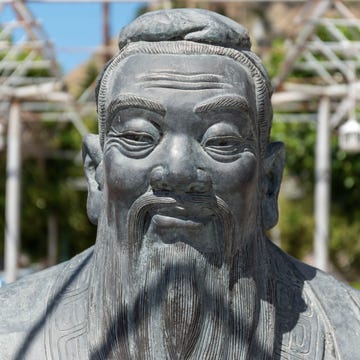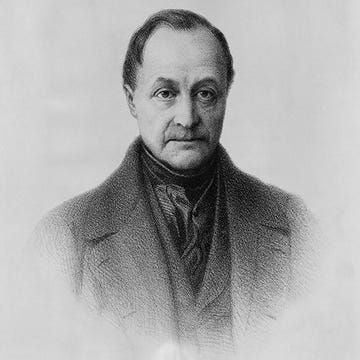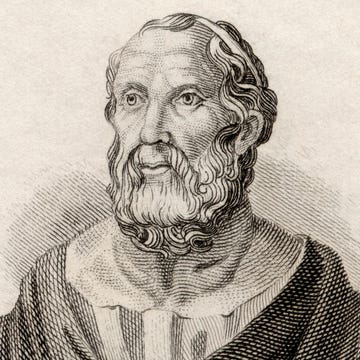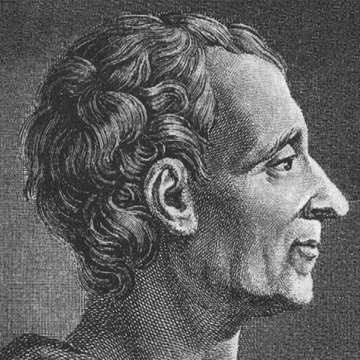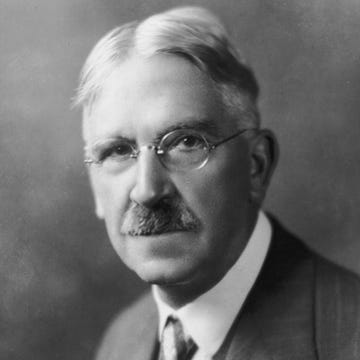11 Philosophers Who Made the World Stop and Think
Famous philosophers like Jean-Paul Sartre, Socrates, and Ayn Rand have challenged the way we consider the world and our place in it.

While some people make history for changing how we do routine tasks, others make history for changing how we think. From ancient civilization through today, the world’s leading philosophers have challenged the way we consider society, the economy, the role of government, and even our own existence.
Their ability and steadfast determination to question what we believe we know about reality is something the philosophers from long ago—Socrates, Plato, and Aristotle, to name a few—have in common with those from modern history, like René Descartes and Ayn Rand. By helping us understand the universe and the concept of reality, groundbreaking philosophers have influenced politics, transformed the social order, inspired critical thinking, and shaped how we function as a society.
For World Philosophy Day on November 21, here are 11 philosophers from ancient times through the 20th century whose theories had a lasting influence on human thought.
Jordan Friedman is a freelance writer, journalist, and content marketer based in New York City with a passion for investigative research and storytelling. His work has appeared on HISTORY, Biography.com, Smithsonian Magazine, and USA TODAY, among other publications. He is also a former education editor and reporter for U.S. News & World Report.
















